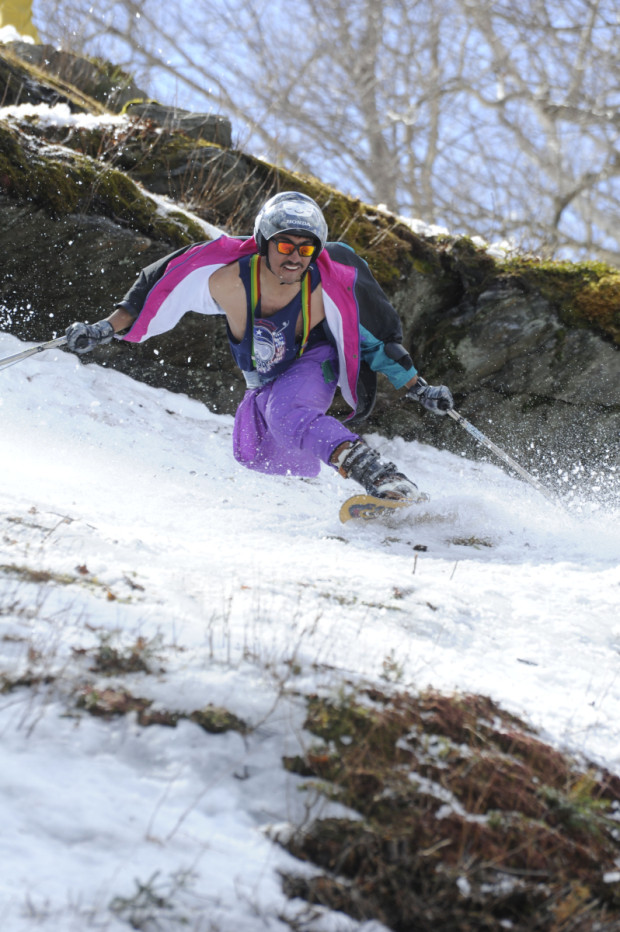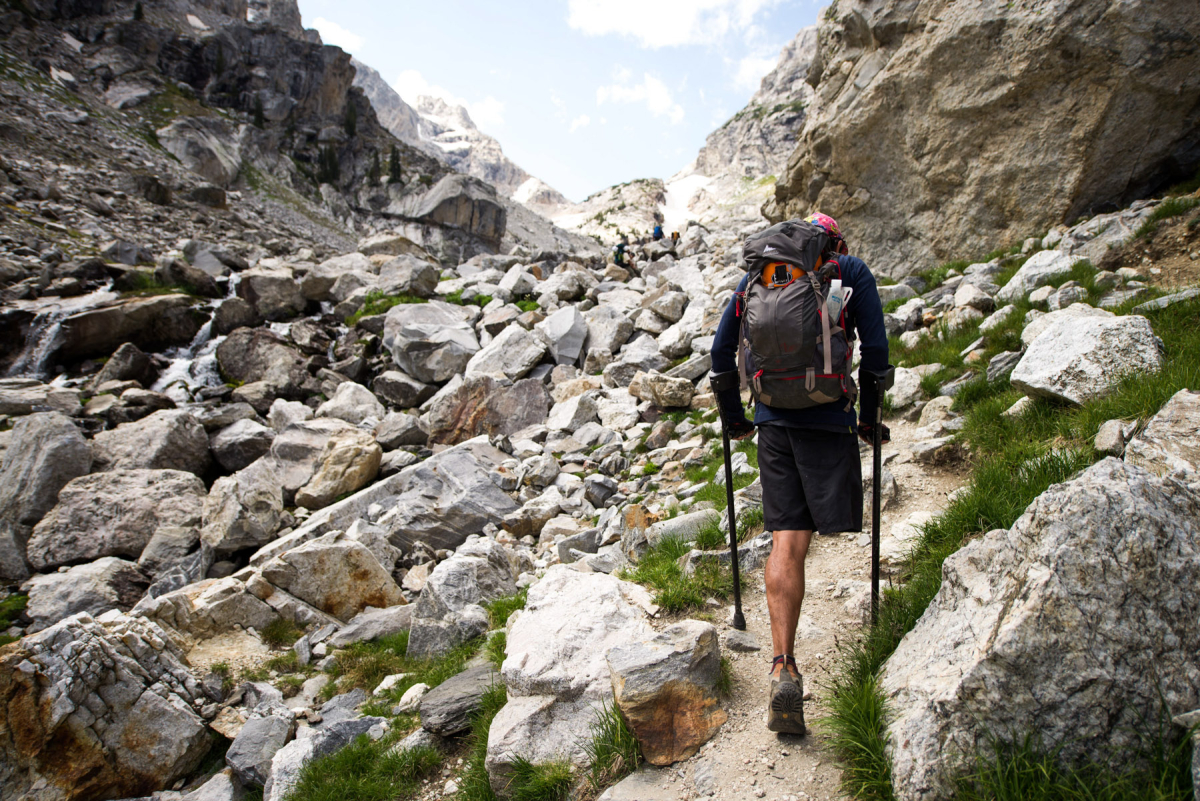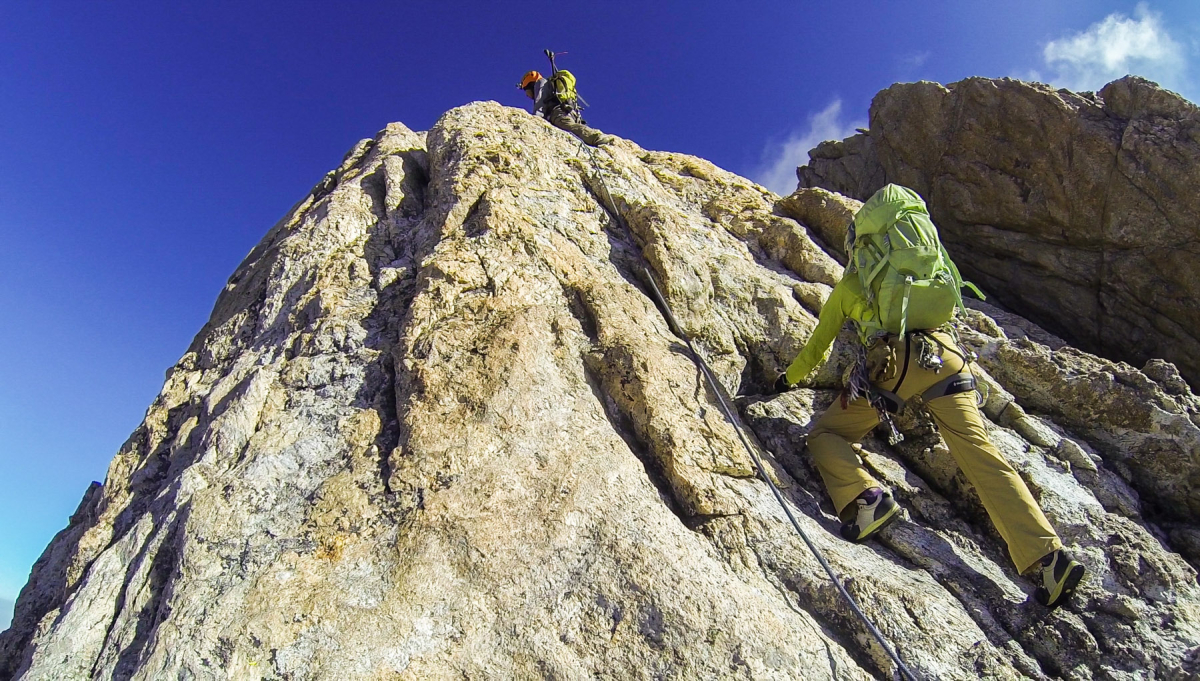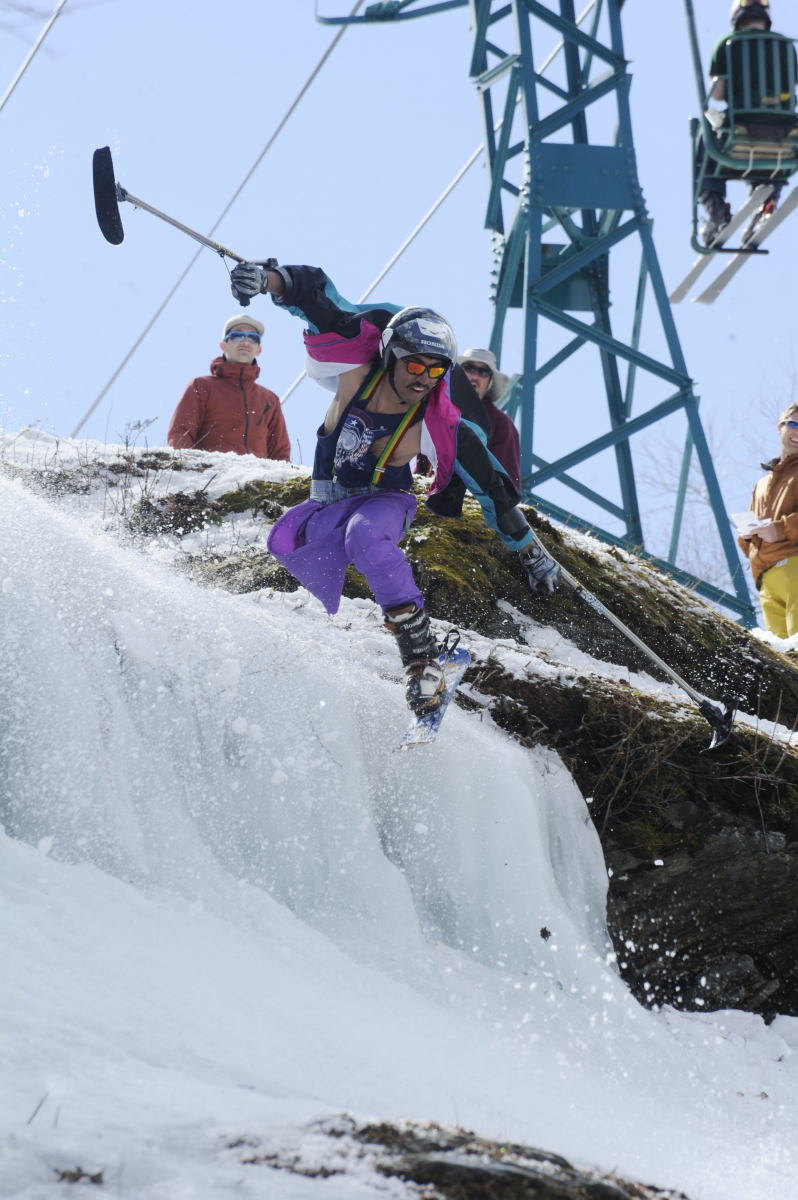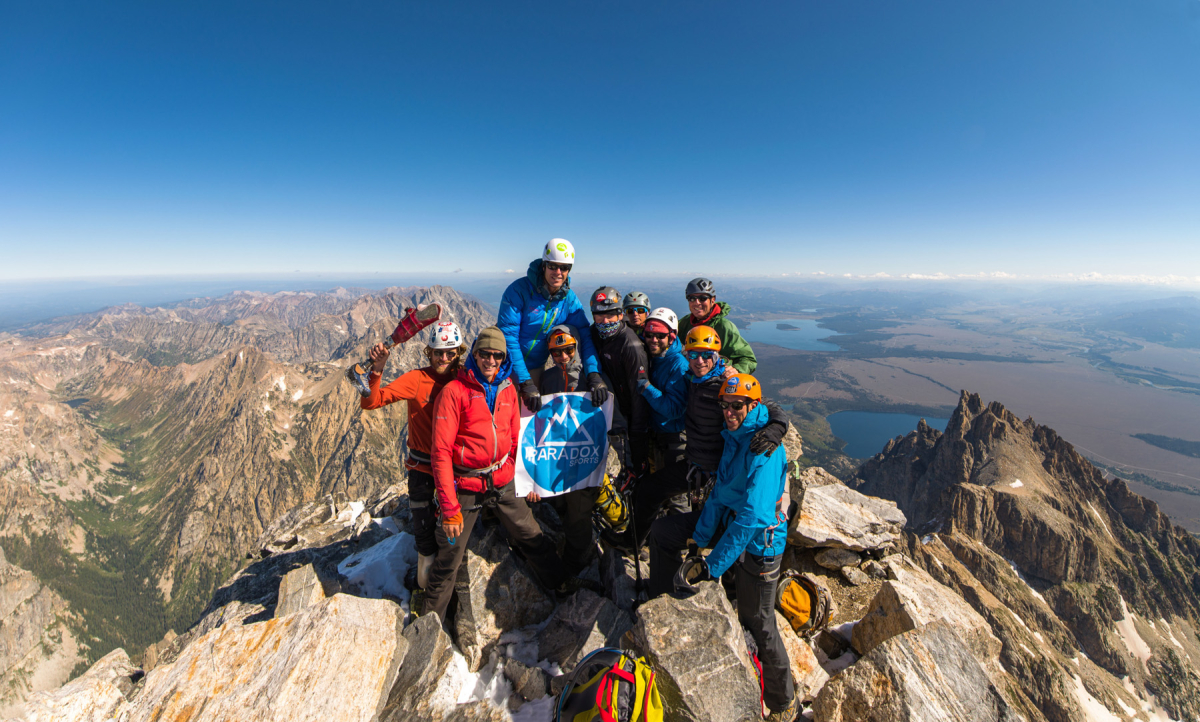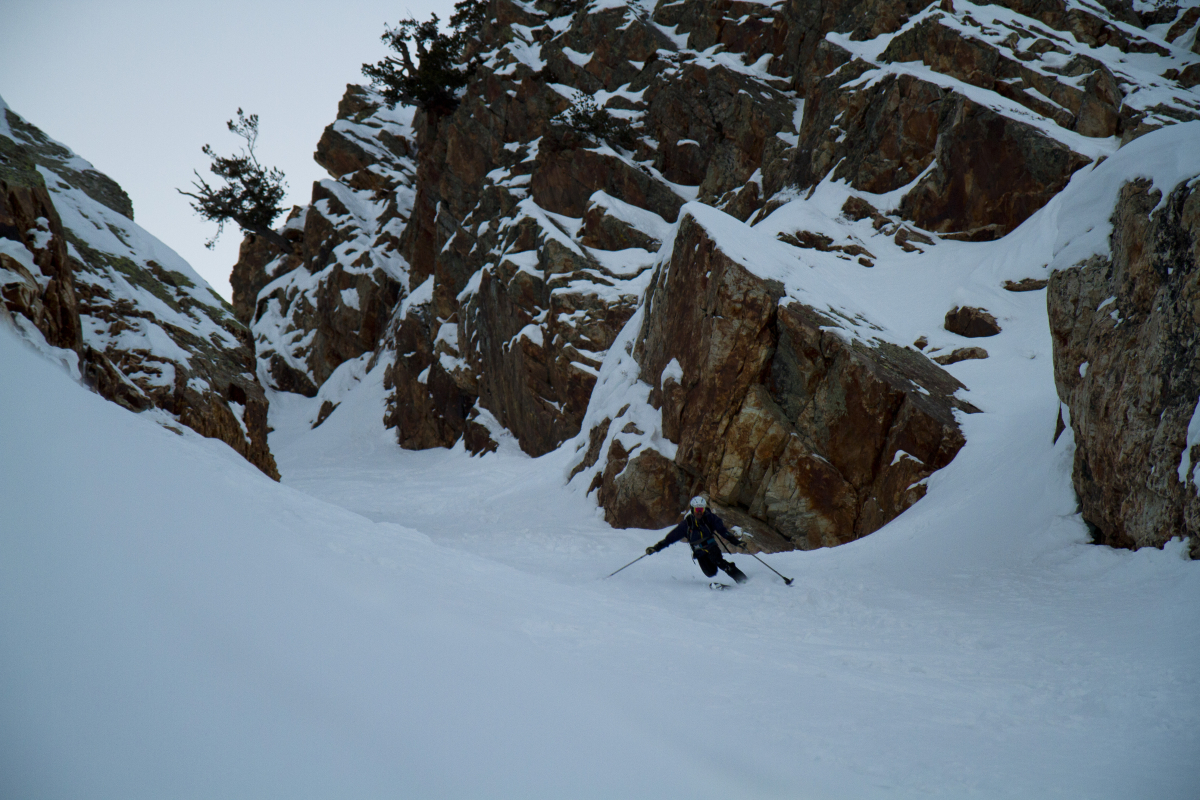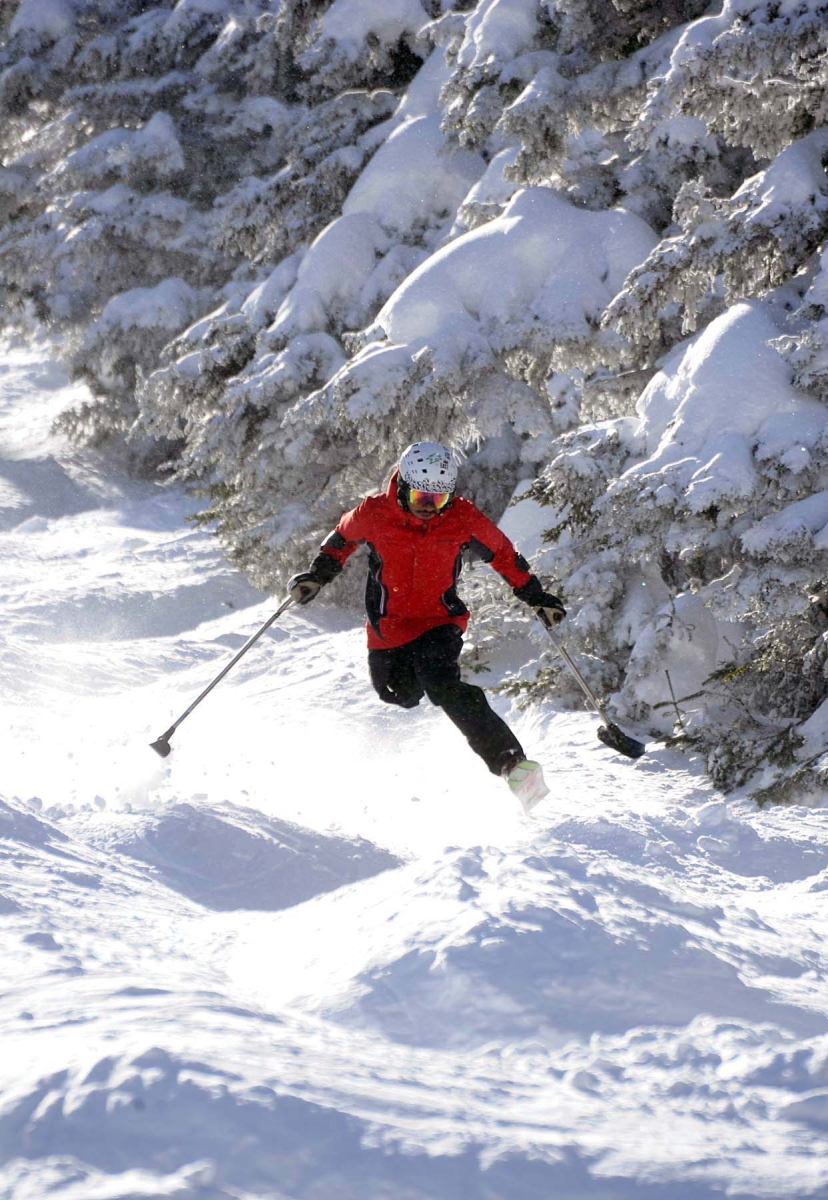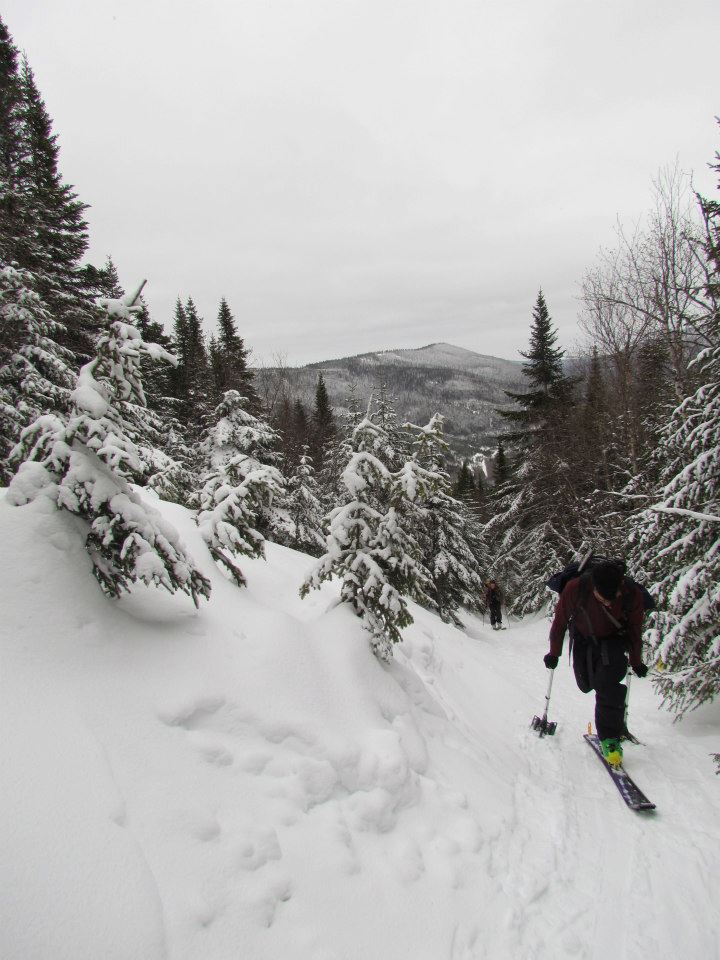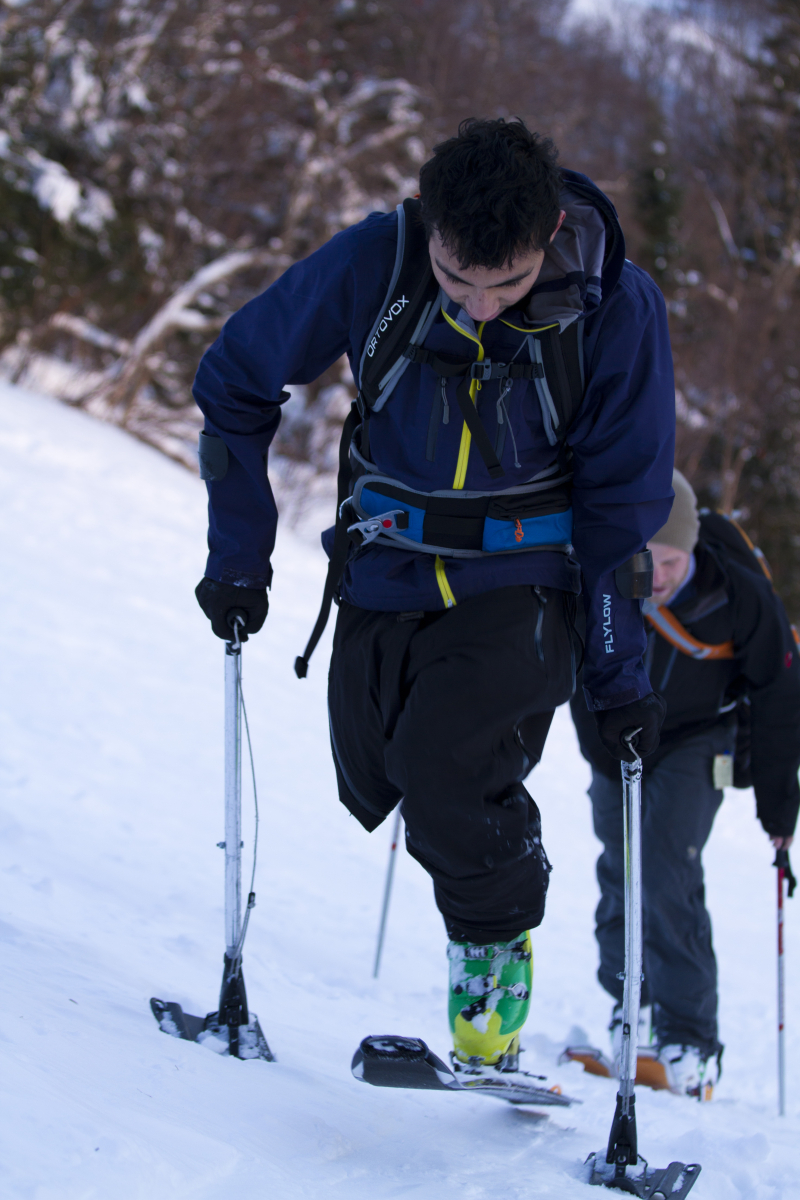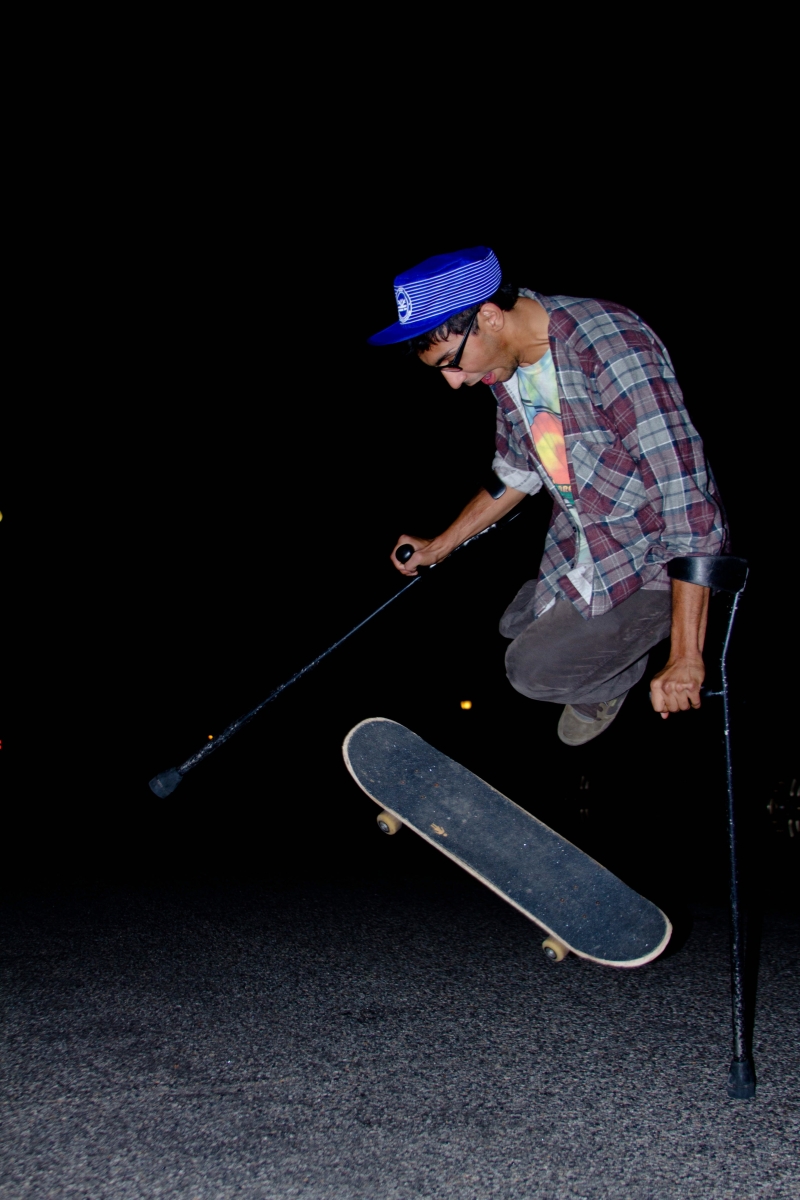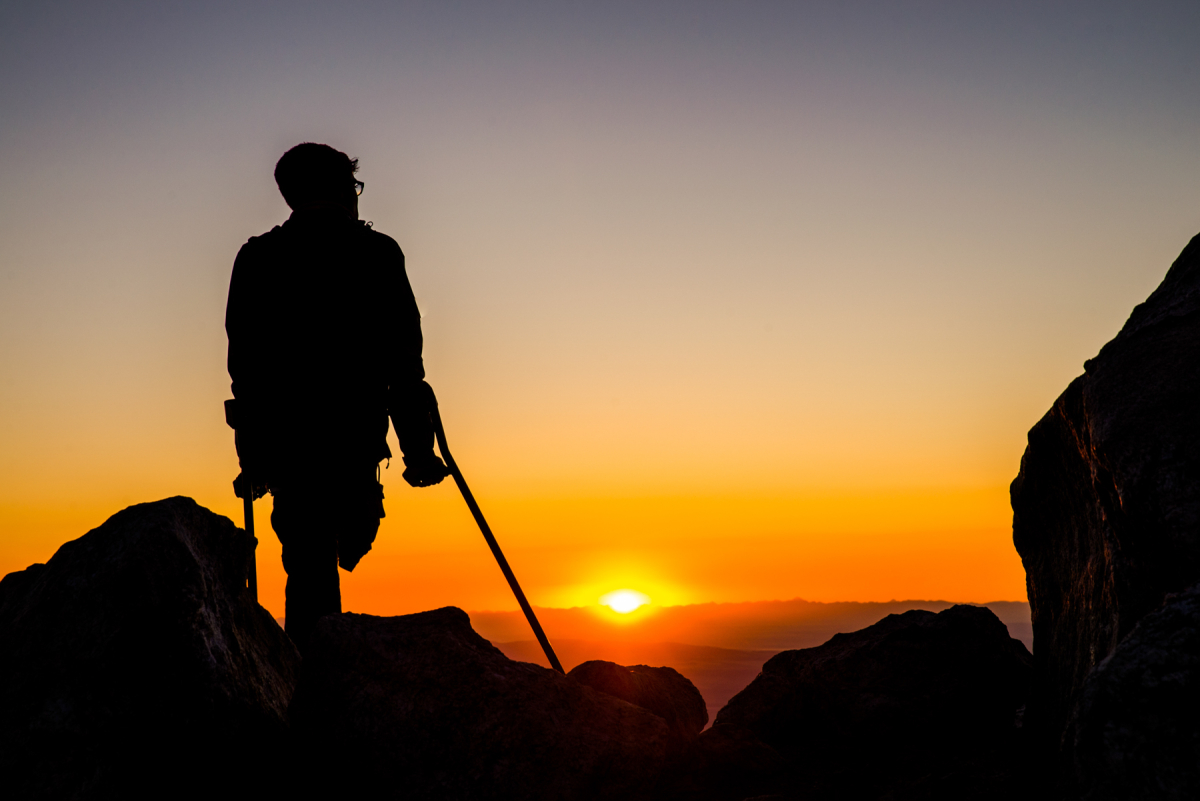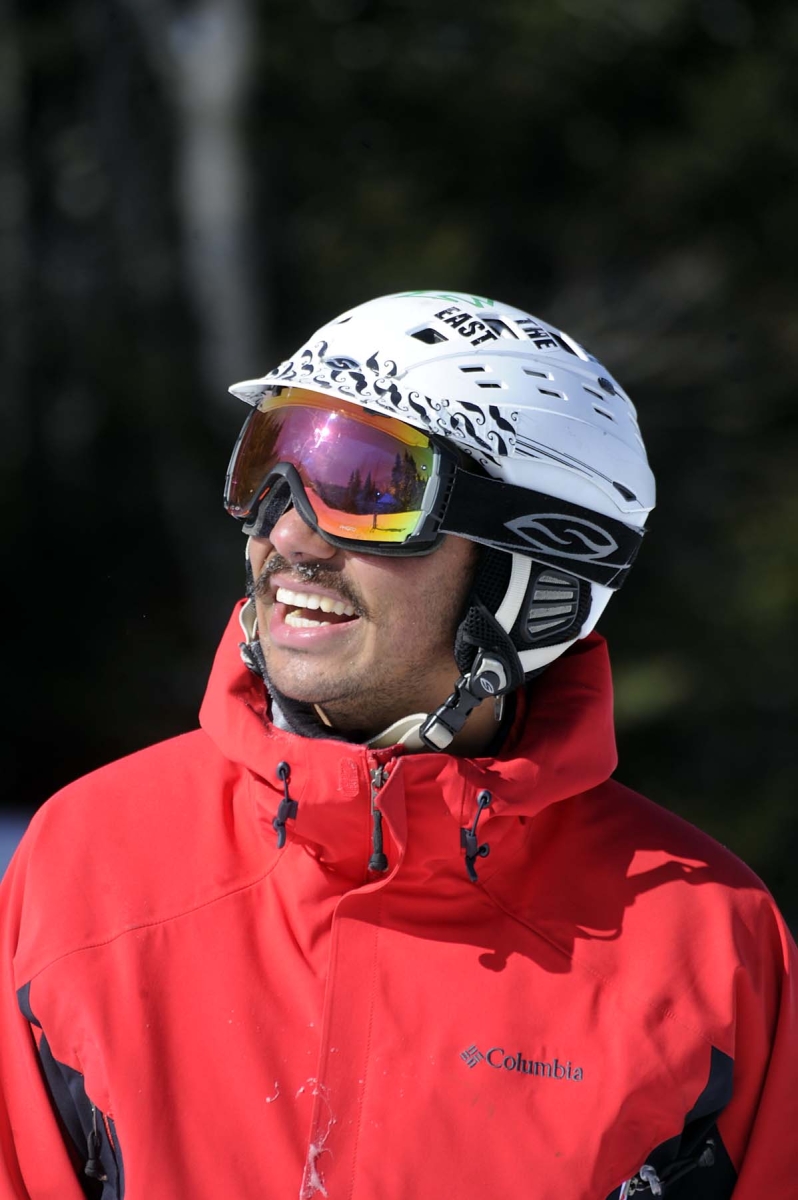www.vasusojitra.com
BIO
Vasu was diagnosed with septicemia when he was only nine months old and as a result, he lost one of his legs. Since then, with the help of his family and friends, Vasu has not looked back; and has built up the needed confidence to face new challenges with strength, courage, grace, humor, and unwavering determination.
Growing up in India, Vasu witnessed extreme poverty and has been living with a “dis”ability most of his life. He takes all these experiences as a blessing; they have both allowed him to empathize with others and truly hone his ability. He keeps on strengthening this muscle by helping others through his passion of work in advocacy for those who face physical and mental limitations.
Vasu will continue to inspire others to become a positive influence in their communities by putting others first, pushing their personal limits and encouraging people to believe in their own unique abilities and themselves.
INTERVIEW
The main purpose of my advocacy and with the film “Out on a Limb” is 1) to spread awareness about people with disabilities 2) to help redefine the modern day definition of the word “disabled” 3) to help people enjoy the outdoors no matter what challenges they encounter; life is full of challenges and I know everyone has that determination and 4) help show that there’s even more out there for someone with a so called disability, which includes Paralympic ambitions.
I hope this little movement and film helps, at least one person, spark that flame.
That’s tricky. Being 100% independent is huge! And achieving that is a life long process for someone who has gone through a challenge similar or different than mine.
The ability to adapt to everyday task brings about a feeling of self-fulfillment that a lot of people might overlook. It helps my emotional wellbeing by not needing someone there to place the burden on. Learning how to do that will always be my greatest achievement, easily surpassing the backcountry skiing aspect.
Backcountry skiing has so many variables to it. First off, you do have to be somewhat of a competent skier. Once that skill level is there, the awareness factor comes into play; being aware of your surrounding i.e. snow quality, terrain, temperature, weather, etc., being aware of the people you go into the backcountry with, knowing how to use your safety equipment, and so many more. On top of this, it’s a personal battle as well.
Hiking and skinning up hill is no easy task, even for someone with two legs. It is about perseverance, and that strong will to help you stay focused on how your body is performing while filtering through your mind all the previous variables that were stated.
One of the hardest aspects to accomplish is to know when to turn back. That, I’m still working on, but for a lot of people, once they are out there and just hiked for hours to get to a spot, want to just go for it no matter what the circumstances. That type of mentality can really place you in a difficult situation. Those are some difficulties that correlate with this sport.
I love backcountry skiing because it is the simplest form of what I love to do. There are endless possibilities as well as being able to have the complete freedom of the terrain choice compared to lift access skiing.
The feeling that I get when I am out in the middle of nowhere is pure bliss, to say the least. It’s a form of meditation; where monks are able to chant mantras and explore there inner self, I am able to truly find myself in the backcountry, taking a break from society and just enjoying the beauty that Mother Nature has to offer. That’s what satisfies me.
Huh techniques. I basically practice every time I go freeski. Nothing special. Of course I fall every time I do try something new, like currently, I’m learning how to ski switch.
Pretty tricky, but I’m slowly getting the hang of it. I’ve definitely fallen plenty of times, but I just get right back up and try it again. I’ve tried to get inverted and have landed a few backflips, but I would like to get to a level where I can be proficient at landing them.
As for where I go, mainly on the mountain. Right now I’m in Bozeman, MT so I’ve been skiing at Bridger Bowl.
Good questions. I don’t really have a special workout routine. I do my best to be outside as much as possible. I play a fair amount of soccer, hike and backpack, and climb. These all help to keep me in decent shape for the ski season.
I’ve only competed a handful of time. First, in high school on our ski team. I mainly joined so I could ski twice midweek. Then for the Ski The East Freeski Tour at Mad River Glen.
I got in 14th place out 80 or so competitors. I would like to compete a little more in the future, but in the world of freeskiing, jump 60 foot cliff is the norm and there’re not any competitions for adaptive skier only so I would have to go against people with two legs.
I’m not too worried about that because I know I can do pretty well, but just a little bit of a challenge. I’ve been around “able-bodies” for my entire life so it really doesn’t make a difference for me.
I still don’t feel like a “celebrity”, I’m just doing what I love and getting some recognition for it. So because of that I don’t think I have the “biggest fan”, maybe there’s one other there I don’t know of. I do know is that I look up to my brother. My brother was and will always be my biggest role model for so many reasons.
Some that I can think of would be that he NEVER looked down on me for having one leg. He would always push me to do better because he believed in me. Along with that, he would always stand up for me. This helped build my confidence up in finding my inner-self, a person with one minor difference that has the ability to help others. Could not ask for a cooler brother.
With that, I now look up to all those people that put themselves out there to make a difference in this world without feeling entitled for recognition. That’s what I strive for when I try to help others out.
“Disability doesn’t make you exceptional, but questioning what you think you know about it does.” – Stella Young, RIP
This helps me realize that I never try to be an inspiration; I just do what I love. If someone wants to call me that, I’ll definitely acknowledge it, but not let it get to my head.
And from growing up with a disability and learning how to be aware of the ones that others have, I have realized that a disability isn’t as big of an issue as most people make it out to be. A disability is just one quality they have and we are always people first no matter what is different about us.
I currently am the Assistant Director at Bridger Bowl for Eagle Mount, a Therapeutic Recreation non-profit organization that helps people with disabilities enjoy the outdoors and recreating.
I hope to continue to do that in the near future. On top of that, I would also like to pursue a few more sponsors, in addition to DPS Skis, as an adaptive backcountry skier, climber and overall outdoor athlete, to help with promoting extreme adaptive athletic in a new and more modern realm other than the Paralympics.
Starting something new is always hard, but everyone is born with the ability to adapt to any situation, it might just take some time for others to get used to that situation. Life is full of adaptations even if you don’t realize it.
This is always a way to make a situation better by either changing your perspective on it or developing a piece of equipment to efficiently help.

